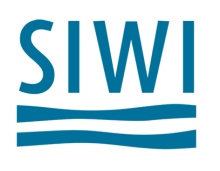Resource information
In this paper, concepts from Socio-Ecological Systems (SES) theory are applied to explore interactions among ecosystem services, livelihoods and resilience of SES. The approach was to i) examine trends in the stock of bundle of ecosystem services in three study landscapes namely Fogera, Jeldu and Diga within the Blue Nile Basin of Ethiopia, ii) describe the trajectories in livelihood strategies, poverty status and present evidence of success and failure in these SES, and iii) explore linkages between stocks of ecosystem services, livelihood conditions and resilience of the SES. By using historical data enriched by local perceptions, it is found that over time, the supply of provisioning services has increased at the expense of other ecosystems services in all three landscapes. The livelihood trajectories in each landscape showed progressive transformations towards intensification and exploitation of increasing land areas and landscape niches. In Fogera, livelihoods transformed from mainly livestock based (semi-pastoral) systems in the past to crop dominated systems. Crop production is now contributing more than 90% of annual household income. Simplifications of landscapes and their individual component inter-linkages, exploitation of increasing land areas and increased evidence of degradation are characteristic of these livelihood transformations. There are signs of adaptation that compensate for loss of ecosystem services, but they are insufficient to reverse the trend in SES trajectory towards degradation. Concomitant with the decline in most ecosystem services in the landscapes several social and biophysical factors also declined indicating the general failure and increasing vulnerability of the SESs in the sites.



